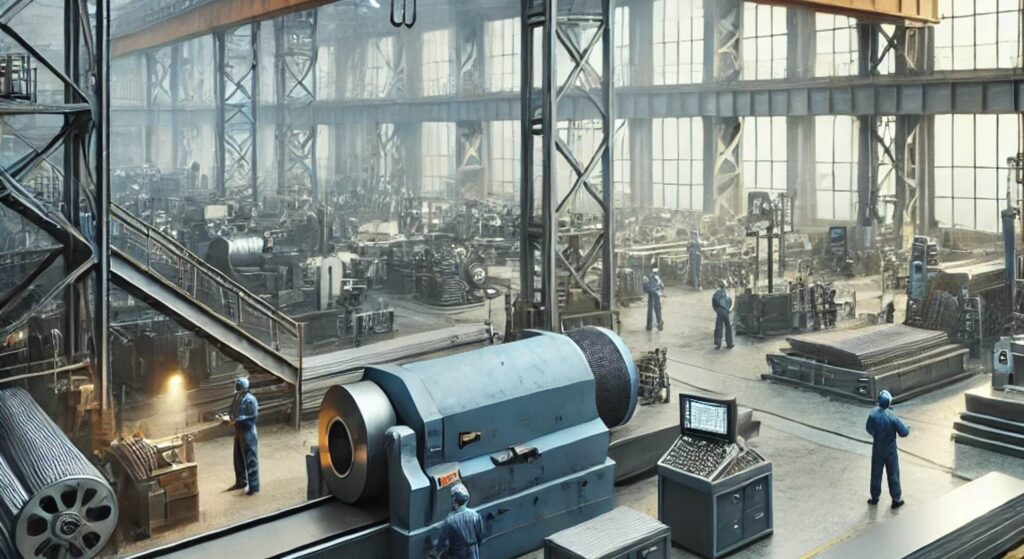
Lubricants for steel and metals
Lubricants are essential for processing and machining steel and metals. They play an important role in reducing friction and wear, cooling and protecting tools and machines. In the metal industry, lubricants are crucial to increasing the efficiency and quality of manufacturing processes, extending the service life of machines and reducing operating costs. Without proper lubrication, machines would wear out more quickly, which could lead to expensive downtime and repairs.
Challenges
The processing of steel and other metals poses significant challenges for lubricants. The machines often operate under extreme conditions, including high temperatures, high pressure loads and intense friction. These conditions require lubricants that are specifically formulated to maintain their performance under such extreme loads. In addition, lubricants must be able to remove contaminants such as metal shavings and dust to keep machines clean and functional. Compliance with strict environmental and safety standards represents another challenge that must be taken into account when selecting lubricants.
Areas of application
Hydraulic systems:
- Hydraulic oils for presses and other machines
- Ensuring the smooth operation of hydraulic components
Forming processes:
- Forging and stamping of metal parts
- Forming oils to reduce friction and protect tools
Foundries:
- Lubrication of casting molds
- Protection of molds from adhesion and wear
Cutting and separation processes:
- Milling, turning, and drilling of metal parts
- Cutting oils and coolants to improve cutting performance
Surface treatment:
- Grinding and polishing of metal surfaces
- Grinding oils and polishing agents to achieve high surface quality
Rolling mills:
- Rolling of steel and aluminum
- Lubrication of roll bearings and gears
Advantages of high-quality lubricants
The use of high-quality lubricants offers numerous advantages for the steel and metal industry. Firstly, they extend the life of machines and tools by significantly reducing wear and friction. This leads to lower maintenance and repair costs as well as increased machine uptime. High-quality lubricants also improve the quality of the machined metal parts as they provide uniform and effective lubrication. This improves the surface quality and increases the precision of the manufacturing processes. In addition, modern lubricants contribute to energy efficiency as they minimize friction losses and thus reduce the energy consumption of the machines. In addition, they meet strict environmental standards and help reduce environmental impact. Overall, high-quality lubricants ensure that steel and metal processing processes are more efficient, reliable and cost-effective.

